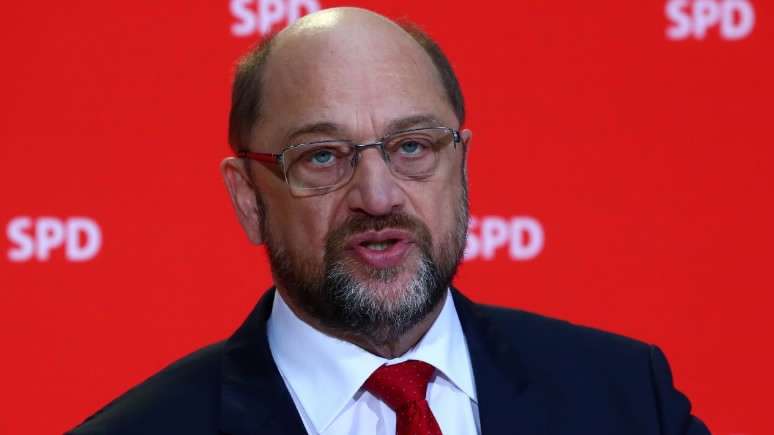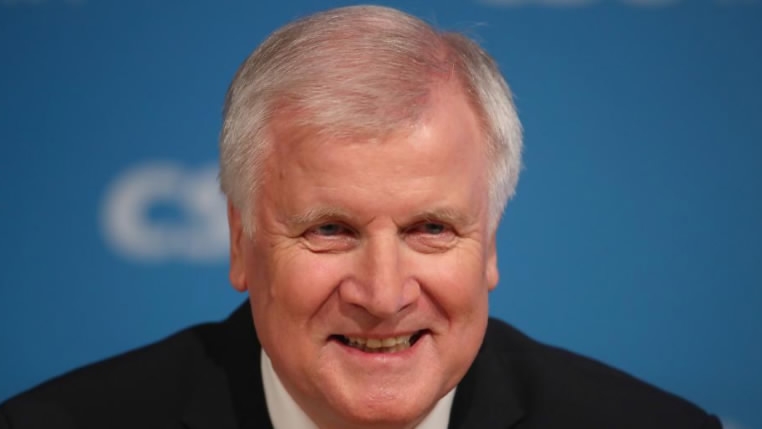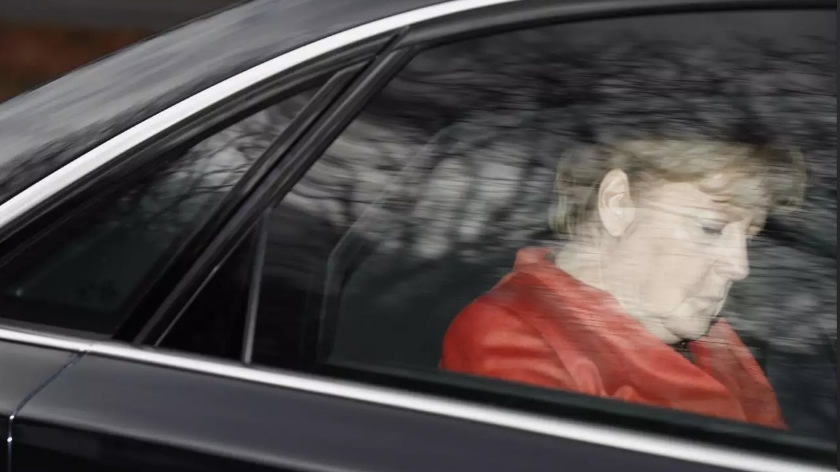
Politics
08:43, 25-Nov-2017
German SPD hints at possible support to Merkel
CGTN

Germany’s Social Democrats agreed on Friday, under intense pressure, to hold talks with Chancellor Angela Merkel on renewing their outgoing coalition government, but pledged that party members would have the final say on any deal.
The about-turn by the center-left SPD, which had said it would go into opposition after suffering its worst result in 70 years in September’s election, could help avert a disruptive repeat vote in Europe’s economic and political powerhouse.
SPD leader Martin Schulz told a news conference the party leadership had decided out of a sense of responsibility to Germany and Europe after Merkel’s attempt to form a government with the pro-business Free Democrats and environmental Greens smaller parties collapsed on Sunday.
“There is nothing automatic about the direction we are moving in,” Schulz said. “If a discussion results in us deciding to participate, in any form whatsoever, in the formation of a government, we will put it to a vote of party members.”

Bavarian Prime Minister and head of the Christian Social Union (CSU) Horst Seehofer arrives for a news conference at the CSU headquarters after a board meeting in Munich, Germany, November 23, 2017. /Reuters Photo
Bavarian Prime Minister and head of the Christian Social Union (CSU) Horst Seehofer arrives for a news conference at the CSU headquarters after a board meeting in Munich, Germany, November 23, 2017. /Reuters Photo
Schulz told 300 members of the party’s youth wing - who rejected another “grand coalition” at a conference in Saarbruecken - that nothing had been decided.
But he suggested that governing could offer better chances to achieve his primary goal of improving the lives of people in Germany and around the world.
“From which position is that best possible? What is more important? The radiance of our decisions, or the improvement of the everyday lives of people?” Schulz told the group.
He said he noted the group’s position and thanked them for their support in the September election. But he said he expected their loyalty and “constructive cooperation” with whatever path was ultimately decided by the party’s leadership.
Backing for a new government could mean forming a coalition, agreeing not to obstruct a Merkel-led minority government, or other options yet to be explored, SPD deputy leader Ralf Stegner told broadcaster ZDF.
Rainer Haseloff, the premier of the eastern state of Saxony-Anhalt and a member of Merkel’s center-right Christian Democrats (CDU), told Reuters: “I think opinion is moving in the direction of there being a grand coalition.”
He said conservatives would look at the SPD’s proposals, but the bloc would not agree to any move to replace Merkel.

Germany is facing the worst political crisis in its modern history. /AFP Photo
Germany is facing the worst political crisis in its modern history. /AFP Photo
A poll conducted on Monday, before the latest SPD comments, showed half of Germans supported the SPD’s initial rejection of a new grand coalition, while 44 percent would support renewing the coalition government that has ruled for the past four years.
Six out of 10 Germans would support a new election, the poll by Infratest Dimap for broadcaster ARD showed.
The crisis has arisen because Merkel’s conservatives also lost votes in September as the anti-immigrant Alternative for Germany surged into parliament. With the SPD licking its wounds, an unlikely-looking three-way coalition with smaller parties had appeared the only option for the weakened chancellor.
Source(s): AFP
,Reuters

SITEMAP
Copyright © 2018 CGTN. Beijing ICP prepared NO.16065310-3
Copyright © 2018 CGTN. Beijing ICP prepared NO.16065310-3